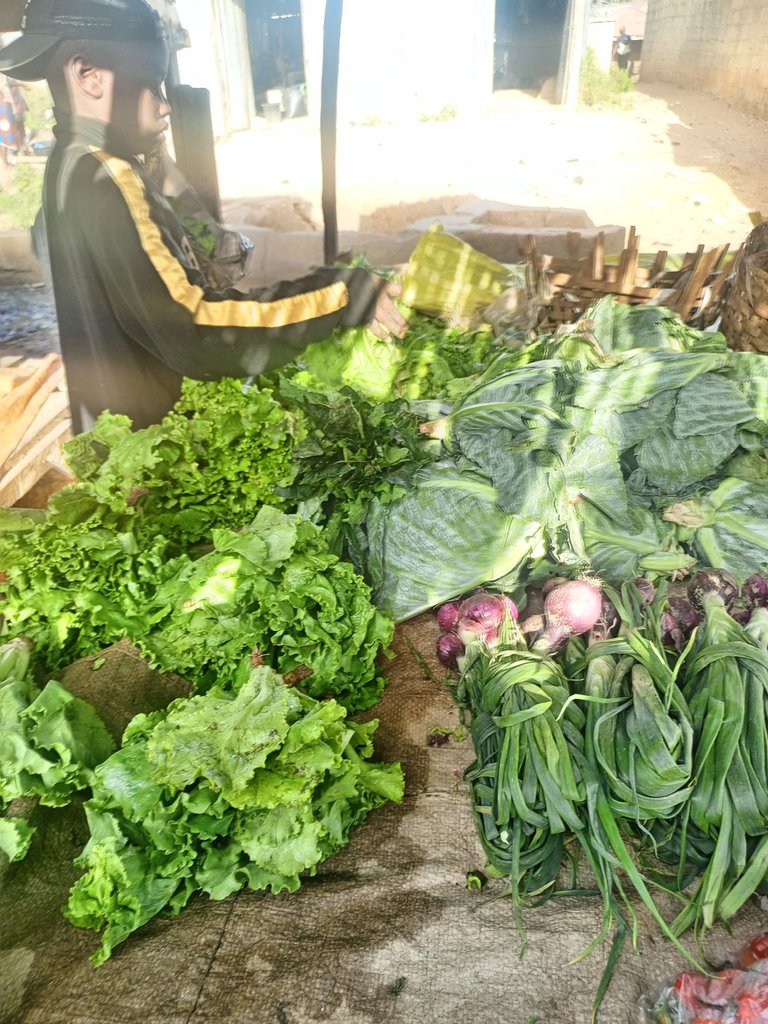High Cost of Living: Problems Faced by the Majority of Nigerians
It would be hard to make ends meet with the minimum wage,which is just approximately $24.04 (₦30,000) we have in Nigeria in other countries. The minimum wage is paid at the end of the month in Nigeria, a worker in the US whose minimum wage per hour is $7.25 will make two times the minimum wage in Nigeria at the end of a day's work.
Cost of Transportation
The removal of fuel subsidies by the government has led to a high increase in the price of petroleum products, resulting in a high cost of transportation. I used to spend 200 naira on daily transportation to and from work, but now I spend $0.48 (₦600) and $0.32 (₦400) occasionally, more like on my lucky days. With so many financial responsibilities to shoulder, the dramatic increase in transport fares has greatly affected already tight budgets, particularly for low-income earners like myself who rely on public transportation to go to work and carry out our daily activities. Unfortunately, even those who are mobile are not having it easy.
In contrast to most other countries, where public transport is offered by the government at strategic locations to lower the cost of transport for the general population, relatively few states in Nigeria have this option, and even then, in small amounts.
Feeding
I saw a video online somewhere around the end of last year showing a Nigerian lady in the UK spending £10 on groceries. It was amusing to read the comments and see some naive Nigerians claim that the amount of money that Nigerians receive at the end of the month—£9.51 (₦15, 000)—could also be used to purchase the same quantity of goods. The majority of them were unable to understand that the £10 was her hourly wage rather than her monthly salary.
Feeding three square meals has become a luxury for many Nigerians as the prices of foodstuffs continue to skyrocket, with prices sometimes increasing at intervals within a day. Basic foodstuffs such as rice, beans, maize, vegetable oil, palm oil, and pasta, which were once affordable for most households, have become highly expensive, with the vendors capitalising on subsidy removal and the devaluation of the naira against the dollar as the reasons for the high inflation in prices.

Recently, there has been an emergence of handmade pasta and noodles as cheaper alternatives, making most families compromise on nutritional value and quality as a result of financial reasons. There has also been a shift towards cheaper protein sources such as tofu, commonly known as beske or awara, and chicken legs due to the economic hardships faced by most average Nigerian households.

The prices of vegetables have also increased. Fresh fruits are now items of luxury, not something the average Nigerian who is struggling financially will want to buy. Most average Nigerians now see eating fruits as a luxury; they will rather use the money to buy other food items than fruits.
Healthcare
The recent mass exodus of health practitioners and the relocation of pharmaceutical industries from Nigeria have led to a sudden increase in the healthcare sector with no subsidy from the government. The prices of drugs have tripled, making it difficult for most Nigerians to get quality medication. I remember buying my eyedrop sometime last week at a higher price compared to the old price. People now prefer to self-medicate rather than go to hospitals, a financial commitment that most cannot afford.
Education
Access to quality education in Nigeria is gradually becoming a luxury reserved for the wealthy elite. The high cost of textbooks, coupled with the sudden hike in the cost of tuition fees in both public and private institutions, has made education unattainable for a significant portion of the population. Most average Nigerian parents are having difficulties trying to choose between sending their children to school or putting food on the table.
The ability to afford the basic and essential needs of life, such as food, transportation, healthcare, and education, weighs heavily on the average Nigerian since the minimum wage is barely enough to cover one's needs. And it is unfortunate that the government really has nothing in place to cushion the high cost of living in the country.
If given the opportunity, most Nigerian youths like myself will prefer to relocate to other countries in search of greener pastures than remain here in Nigeria with a system that is not ready to work.
Thank you for coming to my blog🤗,, please kindly leave a comment.
ALL IMAGES ARE MINE.


The problem started when they removed oil subsidy.
They didn't have any plans in place to cushion the effect on the masses and it was sudden.
So you'll relocate if given an opportunity I'd join you in relocating cause I don't think this nation will ever improve, the cost of living is on the high side and our earnings can't sustain us anymore.
Honestly, I know every country has their own challenges but I'd rather relocate if given the chance. I see no hope for Nigeria.